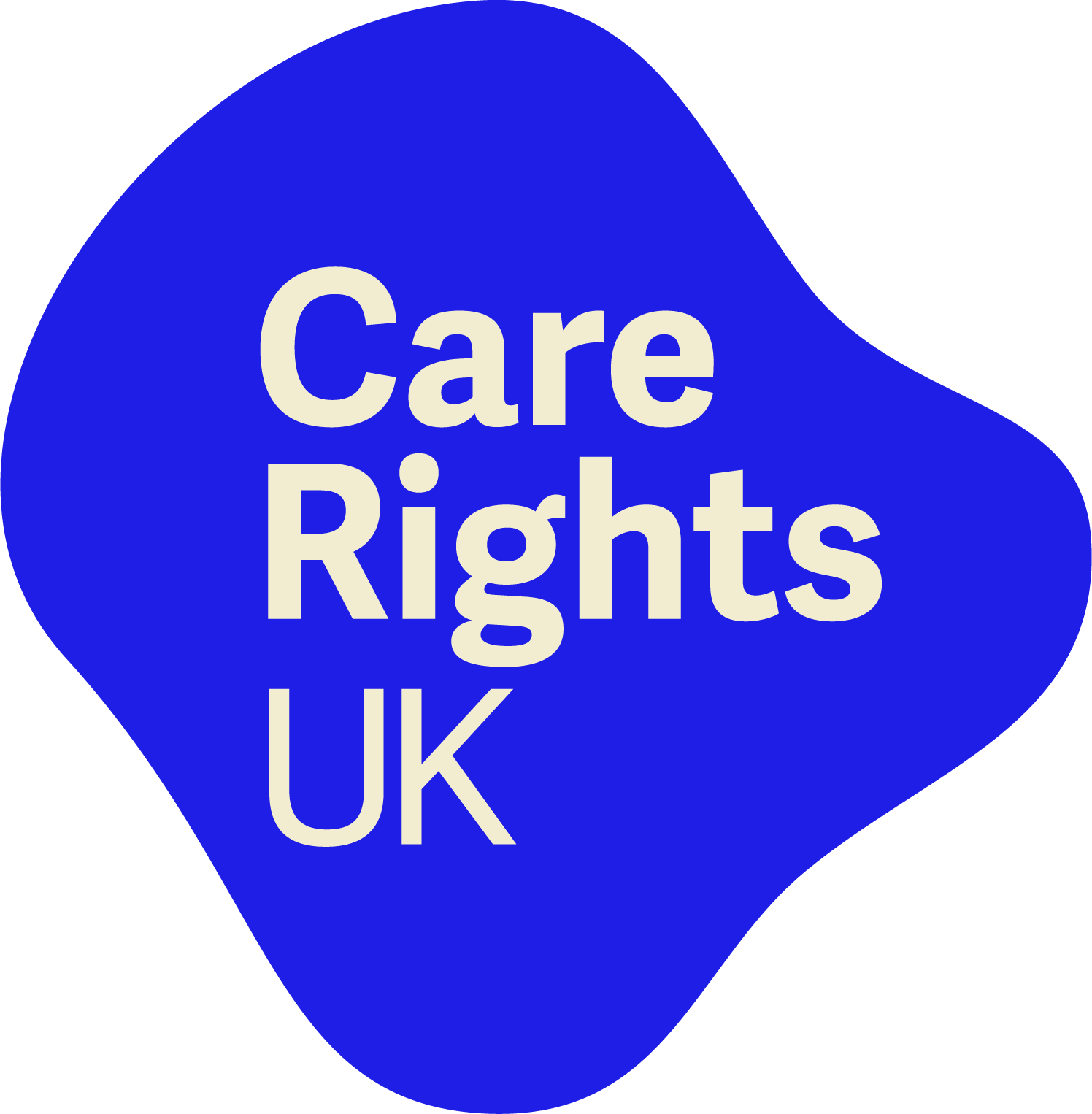The ‘Rights Removal Bill’
24 August 2022
On 22 June the Government published the Bill of Rights Bill. A new law that would repeal and replace the Human Rights Act. Despite its name, this is no ordinary ‘bill of rights’. Rather it is an exercise in weakening rights protections, moving power away from people, and making it harder for us to use our rights and to hold the Government to account. If passed, this would have a detrimental impact on older people needing care. Below are some of our initial thoughts on why.
An end to protecting rights
At the moment, in some situations, public officials must act when they know someone’s rights are at risk – called a ‘positive obligation’. The new bill of rights would destroy these obligations, which will be incredibly damaging for older people needing care. Positive obligations are vital for ensuring services act to protect rights, for example when there are concerns raised about sub-standard treatment or conditions in care homes. Waiting for rights to be breached and taking action afterwards is simply not a viable option for people nearing the end of their lives.
Harder to claim your rights
The bill of rights will make it more difficult to take a human rights claim to court. It would add an extra step of applying for ‘permission’ and showing that you had suffered “significant disadvantage”. This additional barrier would add more time and cost to an already lengthy and expensive process. Given that the average length of stay in a care home is less than two years, this would make it even less likely that older people in care would be able to claim their rights and secure justice.
Other laws
A key part of the Human Rights Act which will be lost is the duty on courts to interpret other laws to make them compatible with rights where possible. This has been central in making sure other laws are brought up to minimum human rights standards. It has been particularly helpful in care settings to bring older laws up to date. For example, ‘nearest relative’ in the Mental Health Act (drafted in the 80s) was interpreted to include same-sex partners in 2002, thanks to the Human Rights Act.
Not rights for all
The cornerstone of human rights is that they are ‘universal’: they apply to everyone. This has been the defining principle since WWII, when the world came together and said ‘never again’ should people be seen as undeserving of rights. This bill of rights sets out explicitly that certain groups won’t receive the full protection of the law, for example people facing deportation.
Lack of oversight
A joint call from over 150 organisations, including R&RA and many others from the care sector, for proper Parliamentary scrutiny of the new bill of rights has been ignored. The fear is that this new law will be rushed through. But repealing and replacing the Human Rights Act is a major constitutional step which needs careful and robust consideration. That the Government are not even willing to submit this to proper Parliamentary review should raise alarm bells for us all.
The impact on older people
We know from our work supporting older people and their families how vital the protections of the Human Rights Act have been over the last 20+ years. It has been a crucial safety net for people placed in the most vulnerable of situations. Sometimes it is the only lever that makes a difference in challenging poor care.
Deborah’s daily visits from her husband Tony were confined to 30 minutes in the car park of her care home during the pandemic. When Tony, in his 80s, lowered his mask to take a sip of water, the visits were stopped and Deborah placed in isolation. Their daughter talked to the home about her mum’s right to family life and shared R&RA’s guide on Visiting and the Law. As a result Deborah was removed from isolation and Tony was able to visit in her room.
Example from anonymous R&RA helpline client, available here
Raise your voice
Now is the time for all of us to voice our concerns about this proposed new law and stand up for human rights. Here are some actions you can take to add your voice:
Sign the petition being run by human rights organisation Liberty
Complete a 2mins survey on the Human Rights Act by Parliament’s Joint Committee on Human Rights
Write to your MP asking them to raise your concerns about the bill in Parliament – see templates here
Read our briefing about the potential impact for the care sector
Get in touch if you’d like to share your story about how human rights have helped you, on our website or in the media: info@relres.org
Write a response to the call for evidence from Parliament’s Joint Committee on Human Rights on the BORB – respond by 26 August here
Get involved on social media, using #RightsRemovalBill and tagging R&RA (@relresuk and @relres)
Sign up to our eNews to keep up to date on this and our other campaigns
